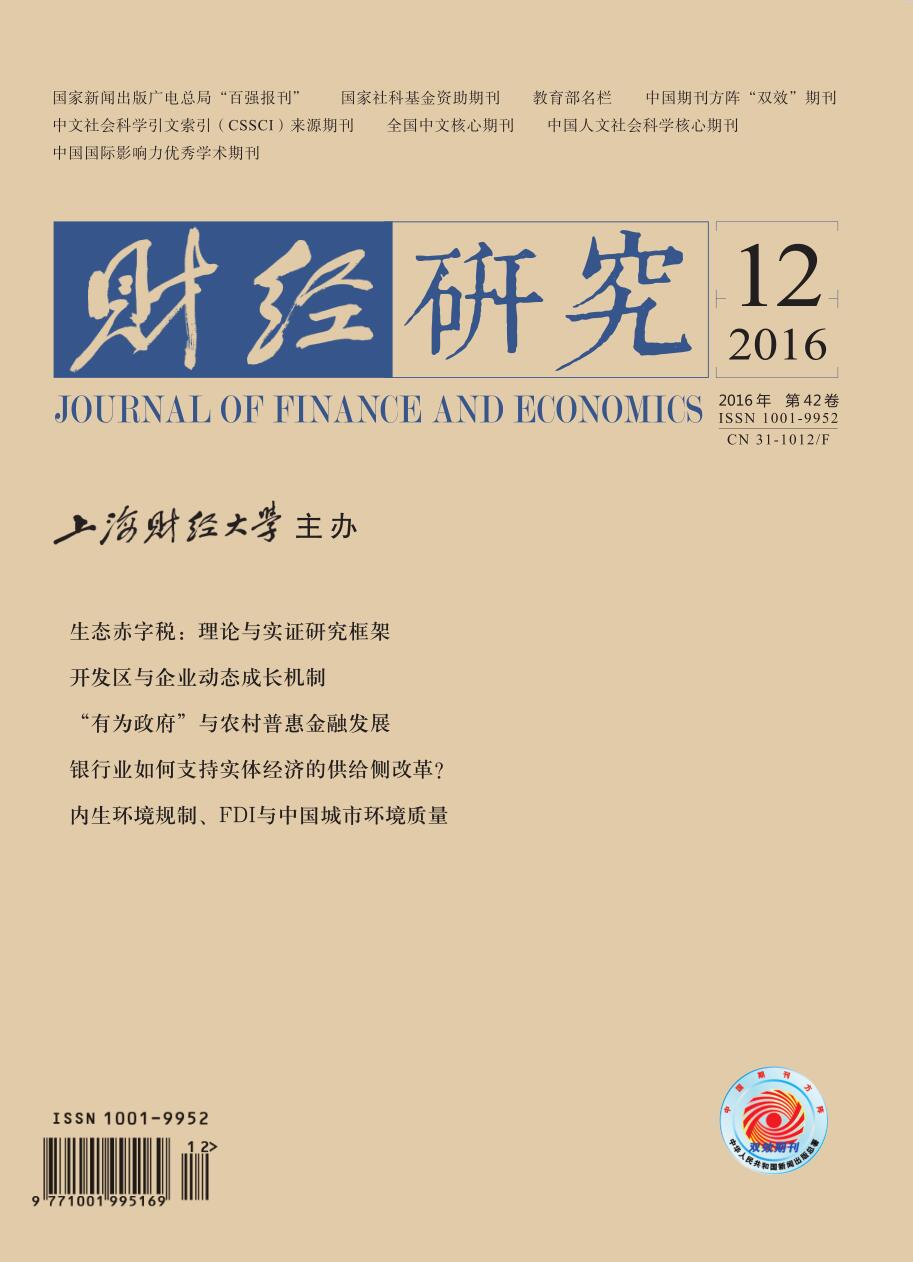在我国老龄化程度不断加深的过程中,老人的居住模式选择及其福利问题变得越来越重要。我国传统的与子女合住的居住模式真的能改善老人福利吗?文章以我国老人的膳食质量为例,基于我国独特的“双向反馈”代际关系,从“亲代需求”和“子代需求”两个方面来讨论亲子合住居住模式对老人福利的影响,并利用2009年与2011年中国居民健康与营养调查(
居住模式对老人福利的影响:基于代际关系的视角——来自我国老人膳食质量的证据
摘要
参考文献
摘要
1 陈青.隔代抚育:七成家庭不满意[N].文汇报, 2007-07-12(006).
13 Becker G S. A theory of the allocation of time[J]. The Economic Journal, 1965, 75(299):493-517. DOI:10.2307/2228949
15 Eibich P. Understanding the effect of retirement on health:Mechanisms and heterogeneity[J]. Journal of Health Economics, 2015, 43:1-12. DOI:10.1016/j.jhealeco.2015.05.001
17 Hughes M E, Waite L J. Health in household context:Living arrangements and health in late middle age[J]. Journal of Health and Social Behavior, 2002, 43(1):1-21. DOI:10.2307/3090242
19 Litwak E. Helping the elderly:The complementary roles of informal networks and formal systems[M]. New York:Guilford Press, 1985.
20 Wenger G C, Dykstra P A, Melkas T, et al. Social embeddedness and late-life parenthood:Community activity, close ties, and support networks[J]. Journal of Family Issues, 2007, 28(11):1419-1456. DOI:10.1177/0192513X07303895
引用本文
邓婷鹤, 何秀荣, 王佳友. 居住模式对老人福利的影响:基于代际关系的视角——来自我国老人膳食质量的证据[J]. 财经研究, 2016, 42(12): 39–48.
导出参考文献,格式为:





 7707
7707  5845
5845

